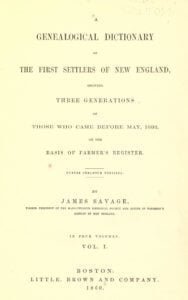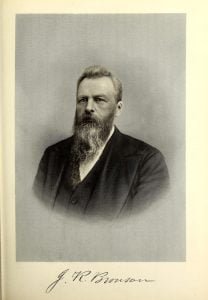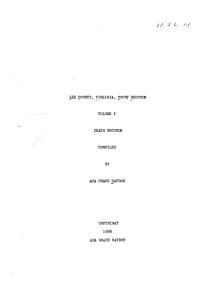JOHN RICHARDSON BRONSON, M. D., who for over half a century was one of the best known practitioners of medicine in southern Massachusetts and part of Rhode Island, and who for upward of fifty years was a resident of Attleboro, was a native of Connecticut, born in the town of Middlebury, New Haven county, June 5, 1829, son of Garry and Maria (Richardson) Bronson.
The Bronson family was early planted in the New World. John Bronson (early of record as Brownson and Brunson) was early at Hartford. He is believed, though not certainly known, to have been one of the company who came in 1636 with Mr. Hooker, of whose church he was a member. He was a soldier in the Pequot battle of 1637. He is not named among the proprietors of Hartford in the land division of 1639; but is mentioned in the same year in the list of settlers, who by the “towne’s courtesie” had liberty “to fetch woods and keepe swine or cowes on the common.” His house lot was in the “soldiers’ field,” so called, in the north part of the old village of Hartford, on the “Neck Road” (supposed to have been given for service in the Pequot war), where he lived in 1640. He moved, about 1641 to Tunxis (Farmington) He was deputy from Farmington in May, 1651, and at several subsequent sessions, and the “constable of Farmington” in 1652. He was one of the seven pillars at the organization of the Farmington Church in 1652. His name is on the list of freemen of Farmington in 1669. He died Nov. 28, 1680.




